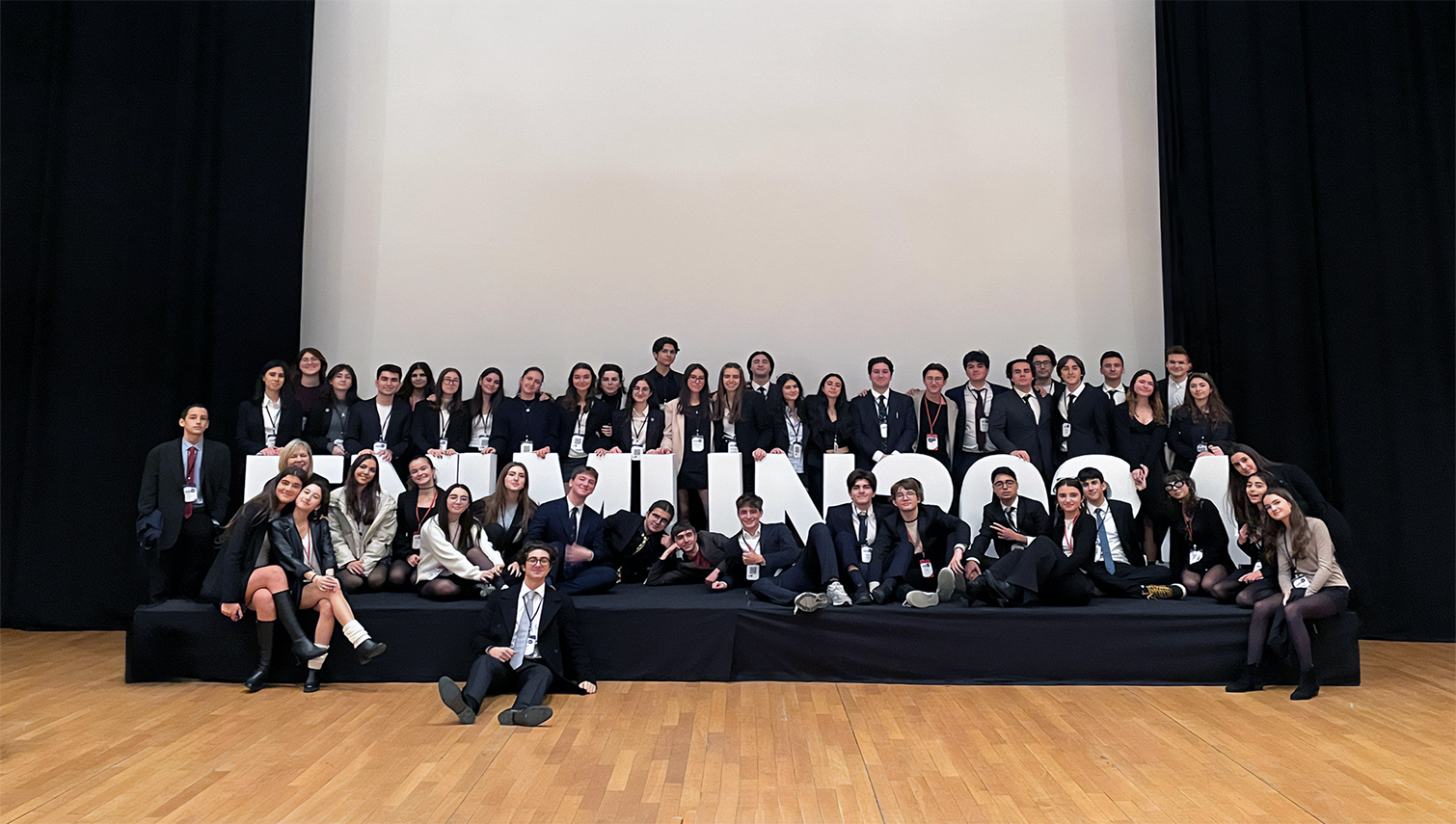
ENIMUN ’25
18-21 December
Committees & Topics
Theme Letter
Ever since the beginning of humanity, we as humans have innovated and developed our world incredibly. We have overcome plagues and made advances in medicine, built systems of governance, and developed technologies that previous generations could scarcely imagine. However, alongside these advancements, humanity has also given rise to profound challenges and disparities. From the growing threats of nuclear armament and the weaponization of outer space, to the exploitation of children under the guise of religion, and the silent mental health crisis fueled by social media, our progress has often come at a cost. Technological development has outpaced international regulation, leading to alarming gaps in cybersecurity, water protection, and environmental resilience. Legal frameworks fall short in protecting vulnerable populations, be it immigrants under the kafala system or victims of unchecked medical malpractice. At humanity’s time of superiority, we have overlooked the one element that keeps us at power; togetherness. Humanity divided itself into social classes and constructed invisible walls between communities. These walls are built on prejudice, inequality, and fear of the unknown. Instead of drawing strength from our diversity, we have too often used it as a reason for exclusion. As global citizens, we now face the urgent responsibility to dismantle these walls; not only through words, but through action, empathy, and global cooperation. Accepting differences is a conscious commitment to listen, to learn, and to protect the dignity of every individual regardless of race, gender, nationality, or belief. Trust must be earned through justice, through transparency, and through the unwavering defense of human rights. In our interconnected world, the suffering of one community ultimately weakens us all, as progress in one corner of the globe can inspire the whole world. As former UN Secretary-General Kofi Annan once said, “We may have different religions, languages, and cultures, but we belong to one human race.” Rebuilding the future demands intention alongside innovations. It calls upon us, the youth, the policymakers, and the leaders of tomorrow, to create institutions that serve rather than exclude, to adopt technologies that heal rather than divide, and to govern with conscience rather than convenience. Let this conference serve not just as a forum for debate, but as a platform for vision. Let us imagine a world where unity is strength, not sameness; where policy is driven by compassion, not politics; and where rebuilding the future means leaving no one behind. Because in the end, the future will not be shaped by the loudest voices, but by the most courageous ones—those willing to cross the lines that divide us and begin the work of healing. In ENIMUN 2025 we will take the first steps of “Overcoming Disparities: Accepting Differences, Rebuilding Trust, and Rebuilding the Future, together. - ENIMUN Secreteriat